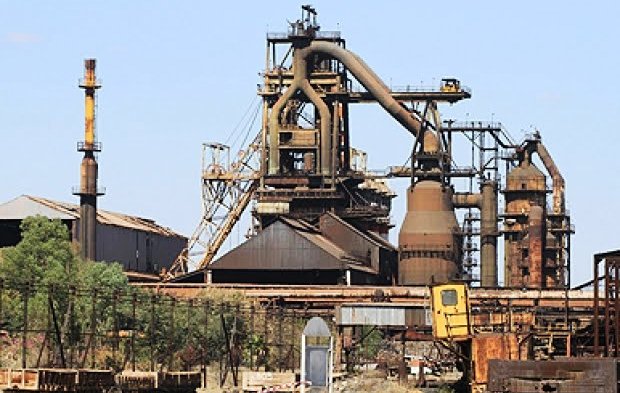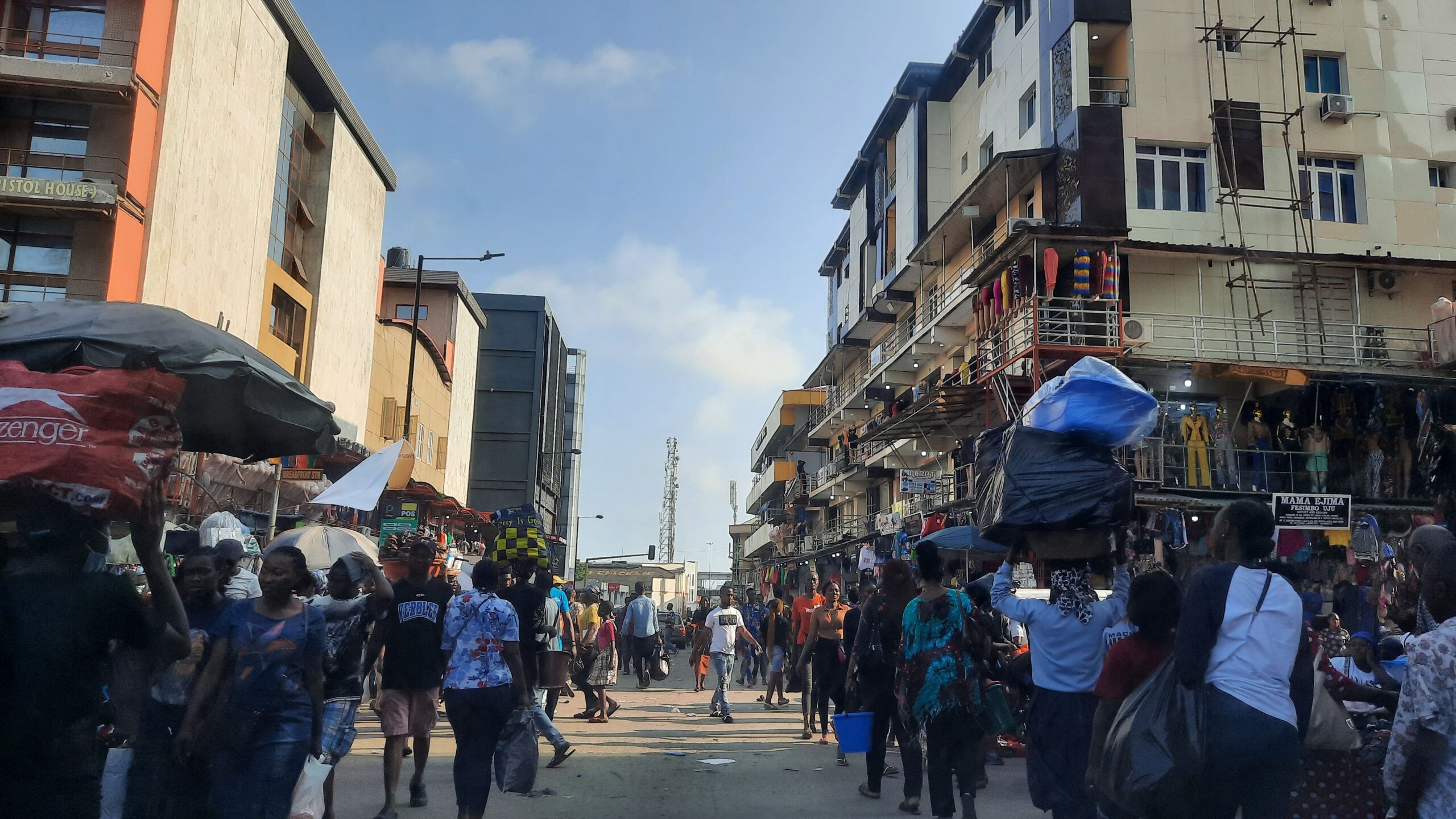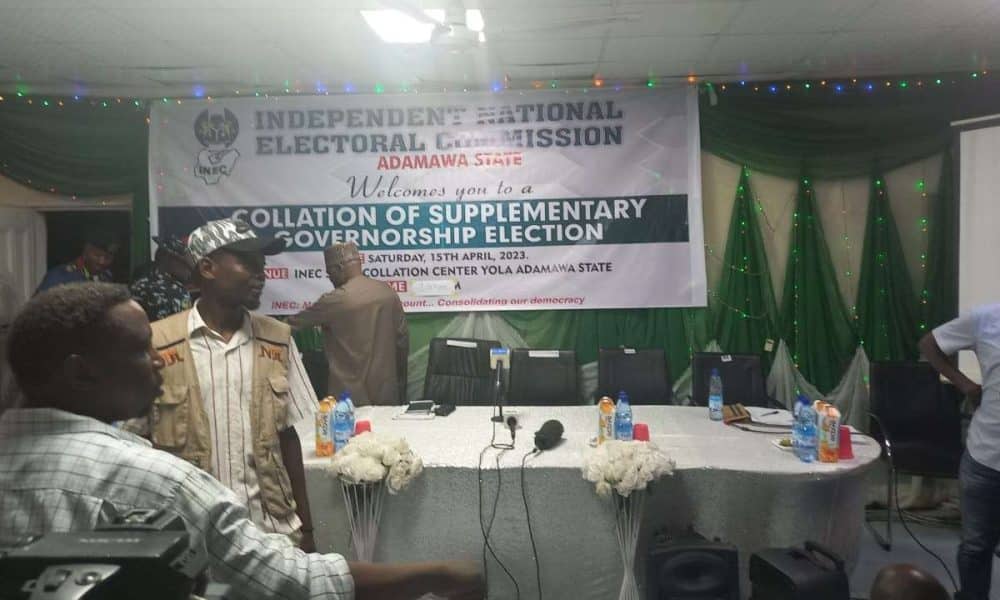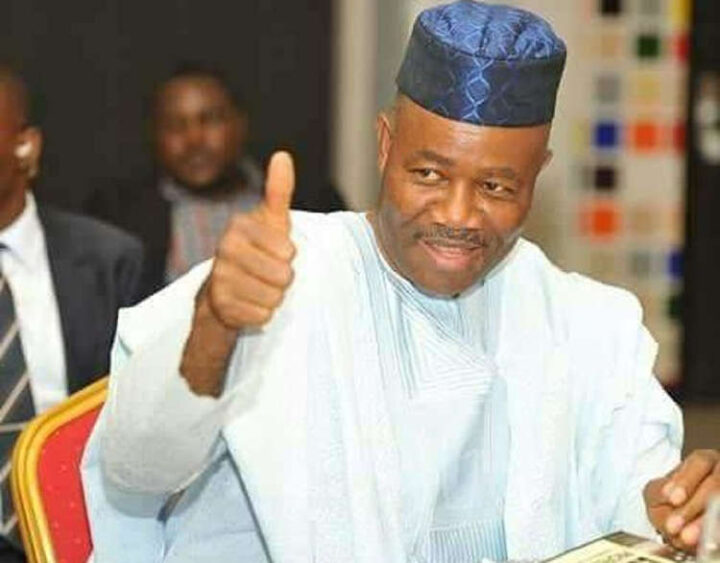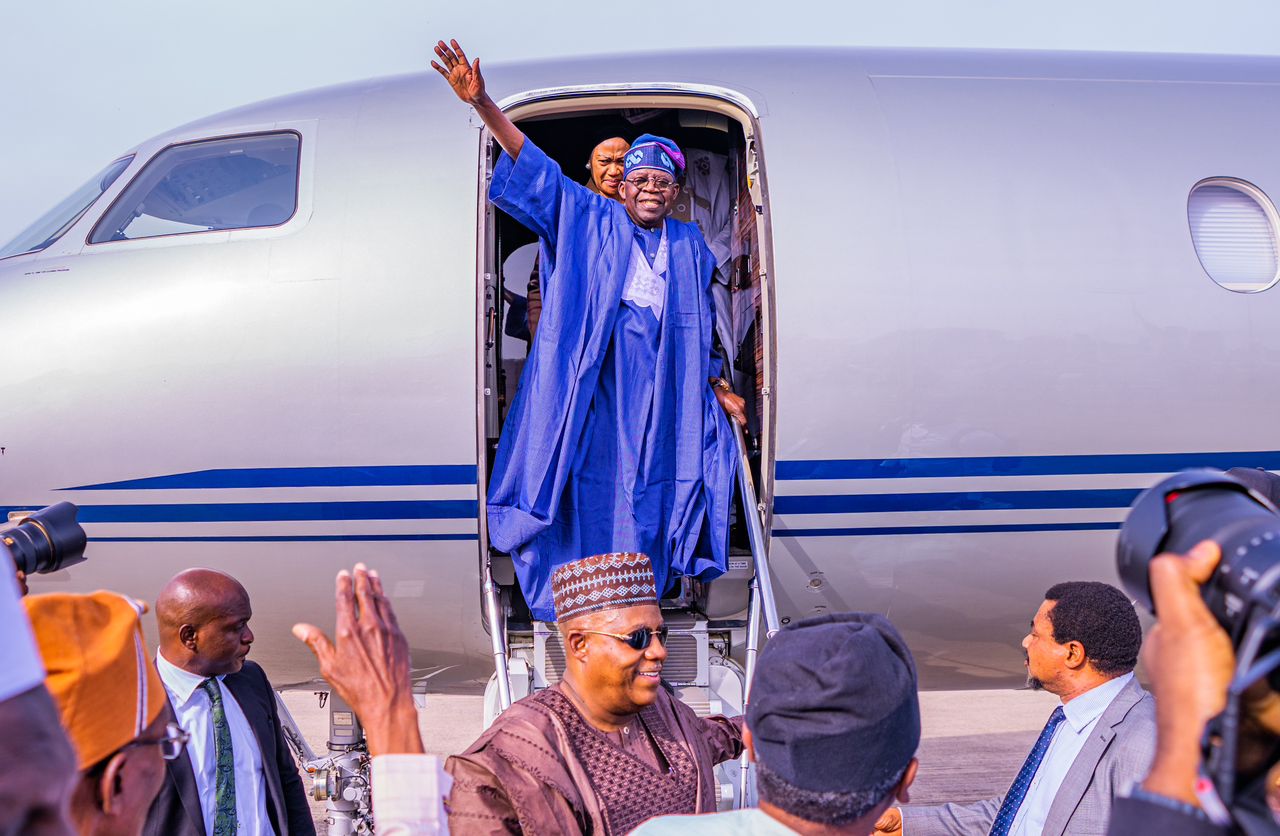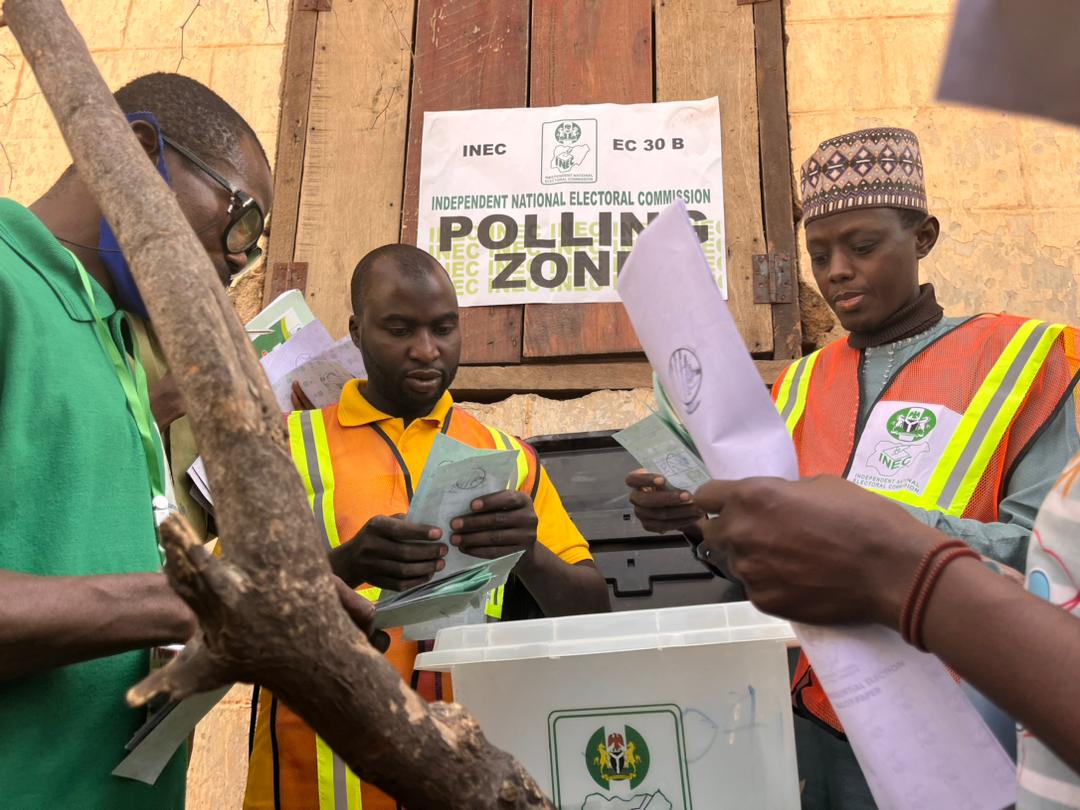There is a video making the rounds on WhatsApp and other social media handles, about Nigeria’s moribund Ajaokuta Steel Complex. The narrator spoke of how the complex was set up solely to rip off Nigeria and to benefit some politicians. He went on to say that the project was wrong-headed from day one. I believe that the American man who spoke, was deliberately clever by half. And there are many people around who are like that – they know we hardly read history and would have challenged them if we do. They, therefore, get away with anything.
My take is that with the benefit of hindsight, yes, the concept of Ajaokuta Steel Complex may have been a big mistake, especially as it was conceived to be run by the state. But at the time it was started, slam-bang in the middle of a Cold War, when the US and the USSR played proxy games with different countries, perhaps Nigeria’s leaders, felt they could swing it. The USSR had not disintegrated yet, and the USA had not been proclaimed the winner of the Cold War – which was a hot war in most of Africa, Latin America, Asia, and South America even up to the Middle East. That was the era in which most of the countries in the regions mentioned above fought calamitous civil wars. Nigeria was not an exception. Add to the civil wars the rash of military coups, many of them bloody and catastrophic, financed by those two bipolar powers. The end of the Cold War circa 1990 led to a period where the USA lost interest in the countries it had kept under its wings by force of arms in the preceding era until China came on the scene. Now we are hearing of some sort of China-led, BRICS-propelled new balance of power (or is it a balance of terror?).
So, my point is that as they say, there’s no vision better than hindsight. Anyone can comment and put up a selfish narrative after the fact. Situations are usually more complicated than presented. I will get to that point shortly.
But first, contrary to what the fellow presented, the development of the steel sector in the US was not that straightforward and led by some squeaky-clean private sector guys. No. It was propelled by ruthless men who were called ‘robber barons’ in their time. The duo of Colonel Vanderbilt and Andrew Carnegie were known as some of the meanest businessmen of their time, who saw nothing wrong in running competition out of town and even sending enforcers after people. They used every trick in the book to build monopolies, with one experiment resulting in the Homestead massacre that stained the hands of Carnegie until he came to some sort of epiphany that there was no use acquiring money you couldn’t spend. His late-life commitment to building libraries around the world was propelled largely by a sense of remorse for the brutality that permeated his business life. These two men played in the steel sector. And the very interesting thing today is that the USA still protects its steel sector from fierce competitors like China and Russia. I don’t like half-baked, deceptive stories.
Advertisement
Now, if the US is still having to protect a steel sector started by ruthless but long-gone robber barons, that means there is a role for the government in such a strategic sector. The thinking of the Nigerian government way back, was perhaps that the idea was such a large one that only government could run – something akin to the state-led capitalism that China came to perfect today. Sometimes a government has to make the first move and not wait for the private sector on some strategic sectors. Sometimes, only a sovereign government can pull the magnitude of finance required for such an entity. Little wonder that the project was financed by the Russians who would have only lent money to the government in line with their own beliefs in socialism and the power of governments then. The Russians would also have wanted to use that massive project as a leeway into Nigeria and Africa. That was a challenging chess move that needed to be countered by the USA. And it was. Comprehensively and almost permanently. Of course, today, we are now much wiser about how to get around such projects using a combination of public and private partnerships. And it is clear, seeing all the failed government-led projects in Nigeria, that the private sector is much better at running a business entity, especially at that level. The government should regulate and also face social services. My point here is that I will not allow any smooth talker to send us into depression again when we should be figuring out a way forward.
So what is the way forward for Ajaokuta?
I was once on air with Dr Biodun Adedipe who knows a lot about Ajaokuta SC and had advised Obasanjo on it as an adviser to the latter for some years between 1999 and 2007. He also did some years stint with World Bank. He said that the project is 95% complete. According to the current Minister of Steel, Architect Olamilekan Adegbite, the Russians were actually to return to assess the project just before COVID-19 struck. A powerful and comprehensive team had been put together by the two countries and there was hope and then boom! COVID-19. It was as if on cue and we have not been able to rustle things up again since then. News about terrorism precedes Nigeria these days and I reckon nobody is in any eagerness to come visit. Late President Umaru Yar’Adua had also tried in 2009 to reinterest the Russians and then President Medvedev was in Nigeria – while Western nations led by the USA bristled. Their press totally blacked out Medvedev’s visit and denigrated it in other places. And then poor Yar’Adua died. Meanwhile, as Dr Adedipe advised and informed on the TV show that day, the Americans or the multilateral agencies they control will never lend to a Russian-involved project. So that project is quite complicated and puts Nigeria in between two superpowers.
Advertisement
I’ve often wondered how Nigerian engineers cannot complete the 5% work, but I reckon there are proprietary issues. I also know that it is a very complicated project and the complex is a whole city. Yet, I believe our engineers – at home and in the diaspora – should give it a shot under the inspiration and leadership of a sitting president. Perhaps much better, the incoming president should reinterest the Russians and see if we/they can pull it off to completion. Nothing is as painful, wasteful, and depressing as a 95% completed project that cannot produce and is sitting down there, rusting. Contrary to the narrative I referred to in the first few paragraphs, I don’t believe the siting of the project was wrong. Kogi state is super-blessed with the needed ores to make Ajaokuta work. Unfortunately, many of the supporting companies like Itakpe Iron Ore, have collapsed. Can we make a last heave of this project, even though a lot of the technology may now be quite dated? What is clear is that unless we get involved, this strategy of getting others to build our infrastructure 100% will always fail. Have we not gone to enough universities and produced all the engineers and scientists needed for national development – or at least the operationalization of a single steel complex – since we started this about 43 years ago? I think we have.
So, by all means, Ajaokuta must be spun off to the private sector which has the capacity to manage such projects sustainably. I don’t even believe that Nigerians can handle such a place 100%. Government should make a final push to operationalize, then go public with that complex and let Nigerians buy it out. The thinking of the 1980s is different from the thinking of today. Lastly, there are several PPP (public-private partnership) models that could be used to run this project at an arm’s length basis. Chinese state-led capitalism, and other examples like Inyange in Rwanda, Ibom Air, and LagRide in Nigeria, show that we may be able to swing this. But I prefer Ajaokuta becoming a PLC and be managed by a mix of expatriates and Nigerians.
God help us. But we too must help ourselves.
Advertisement
Views expressed by contributors are strictly personal and not of TheCable.
Add a comment

